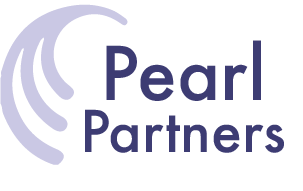The topic of market insights has come up quite a lot lately. I have repeatedly been hearing the word insight as something to be observed, as in “We observed several insights on that consumer interview.”
This is not an uncommon way to speak about insights, however, it’s not quite right. I wrote about the common misuse of the term insights way back in 2009. I’ll reprint the passage, as it seems it’s becoming more relevant today.
Insight Defined
There are several entries in dictionary.com for the word insight. In different ways, they all describe insight as an understanding of the true motivational forces that drive actions, define underlying truths, shed light on, or help to solve a problem. Assuming that is true, insights cannot be observed directly; they need to be inferred or derived by thinking critically about the observations we make.
The word insight, as it is applied to consumer research, is increasingly misrepresented. Observing behaviors and describing them is a fairly straightforward exercise, and many people can easily do this. Deriving insights requires the ability to observe, infer why the observation occurred, formulate a theory, test the hypothesis against multiple data sources, and construct an argument that will prove that the conclusion is valid. A smaller subset of people who possess a specific aptitude and attitude are best suited to do this.
Almost everyone, however, has the ability to understand the difference between an observation and an insight. Mistaking them is understandable for most, but if you use consumer insights to inform your work, please make sure you know the difference.
Respect the difference; Get the results
The issue now is the same as the issue was then. Anyone can make an observation. Figuring out what it means is the key to deriving an insight – and this is a specific skill that needs to be recognized, and respected. Yet even insights are meaningless unless you know how to use them to give form to your new idea, product, or business opportunity. This is also a different set of skills.
Remember: Deriving insights requires different work, by using different skills, by different people. That’s the key to getting different results.
Deriving insights into why the market behaves the way it does can make a huge impact on your business. This is true for near term goals, and as a key to transformation and growth in the future. But remember, deriving insights that can fully serve this purpose is not the same as observing what people do, or asking them what they want or prefer. As I mentioned in 2009 is equally true today. To realize the greatest impact, please understand the difference and do the right work.
Image credit: A post by Charlene Turei of New Zealand customer experience firm called DNA


